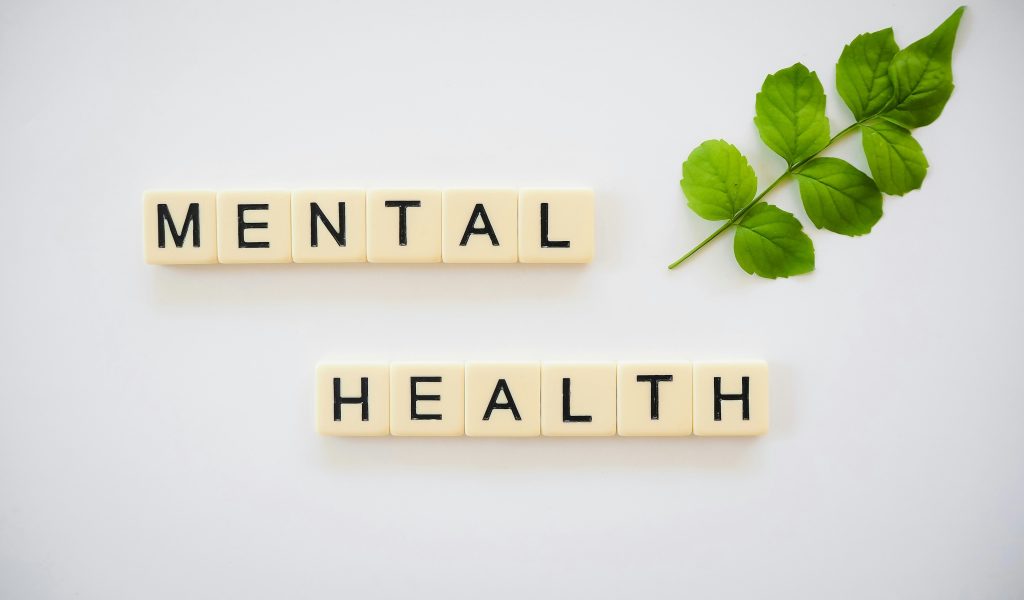Almost half (44%) of HR professionals meet the criteria for clinically significant symptoms of depression, according to a report released on Monday (9 June).
Research findings focussed on the mental health of HR professionals revealed that HR workers are experiencing high levels of depression, anxiety, burnout, and do not feel sufficiently supported at work.
The HR Mental Wellbeing Report, released by Towergate Employee Benefits and training provider Ultimate Resilience, found that while the demands on HR are multiplying fast, 87% of HR professionals believe there is not sufficient support in the workplace.
The report draws insights from a survey of 1,400 HR professionals. It found that depression is 2.5 times higher among HR employees than in the general population.
Symptoms of low mood and depression affect 73% of HR respondents. Almost half (44%) meet the criteria for clinically significant symptoms of depression, compared with 16% in the general population.
While many HR professionals are expected to be the emotional backbone of their organisation, the support is often not returned, explained Georgina Kelly, founder of the Women in HR network.
She told HR magazine: “From conversations within the HR Leaders Network, it’s clear there’s still a stigma around HR showing vulnerability. Organisations need to provide protected time for peer learning, include HR in wellbeing initiatives and offer leadership development support as they do for other functions.”
Anxiety is 1.5 times higher among HR professionals than in the general population, according to Towergate’s research.
Symptoms of anxiety are present in 75% of respondents, with 38% of all respondents meeting the criteria for clinically significant symptoms of anxiety, compared with 23% in the general population.
Kelly added: “The emotional demands on HR have increased dramatically, especially since the Covid-19 pandemic. Many are constantly managing change, risk and employee wellbeing, without their own outlet. Add personal responsibilities outside of work, and it’s no surprise the pressure is impacting mental health. The lack of support and space to decompress is a big contributor.”
According to clinical psychologist Matt Slavin, many HR professionals are “trauma-saturated”.
He told HR magazine: “They’ve spent years absorbing conflict, redundancies, disclosures of harassment or mental health crises, often without any structured space to process the emotional weight of it. What’s being labelled as depression may, in many cases, be unacknowledged compassion fatigue or chronic emotional overload.”
Towergate’s survey results also found low levels of wellbeing in 67% of respondents, with 26% stating that they had not felt fresh and rested at all in the past two weeks. Burnout is also “very likely” among 63% of respondents, with a further 15% at risk of burnout.
Read full article here
Almost half (44%) of HR professionals meet the criteria for clinically significant symptoms of depression.

